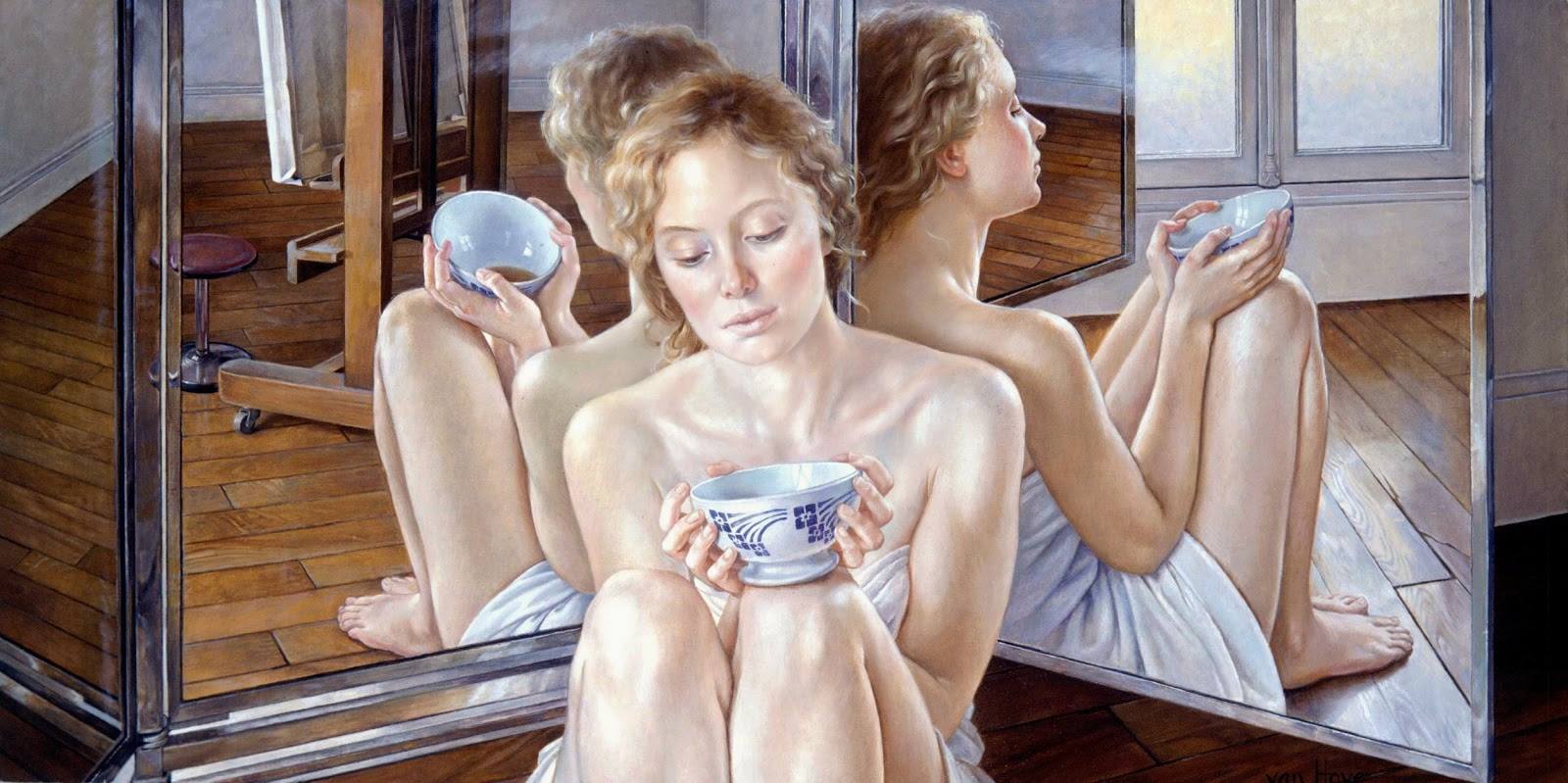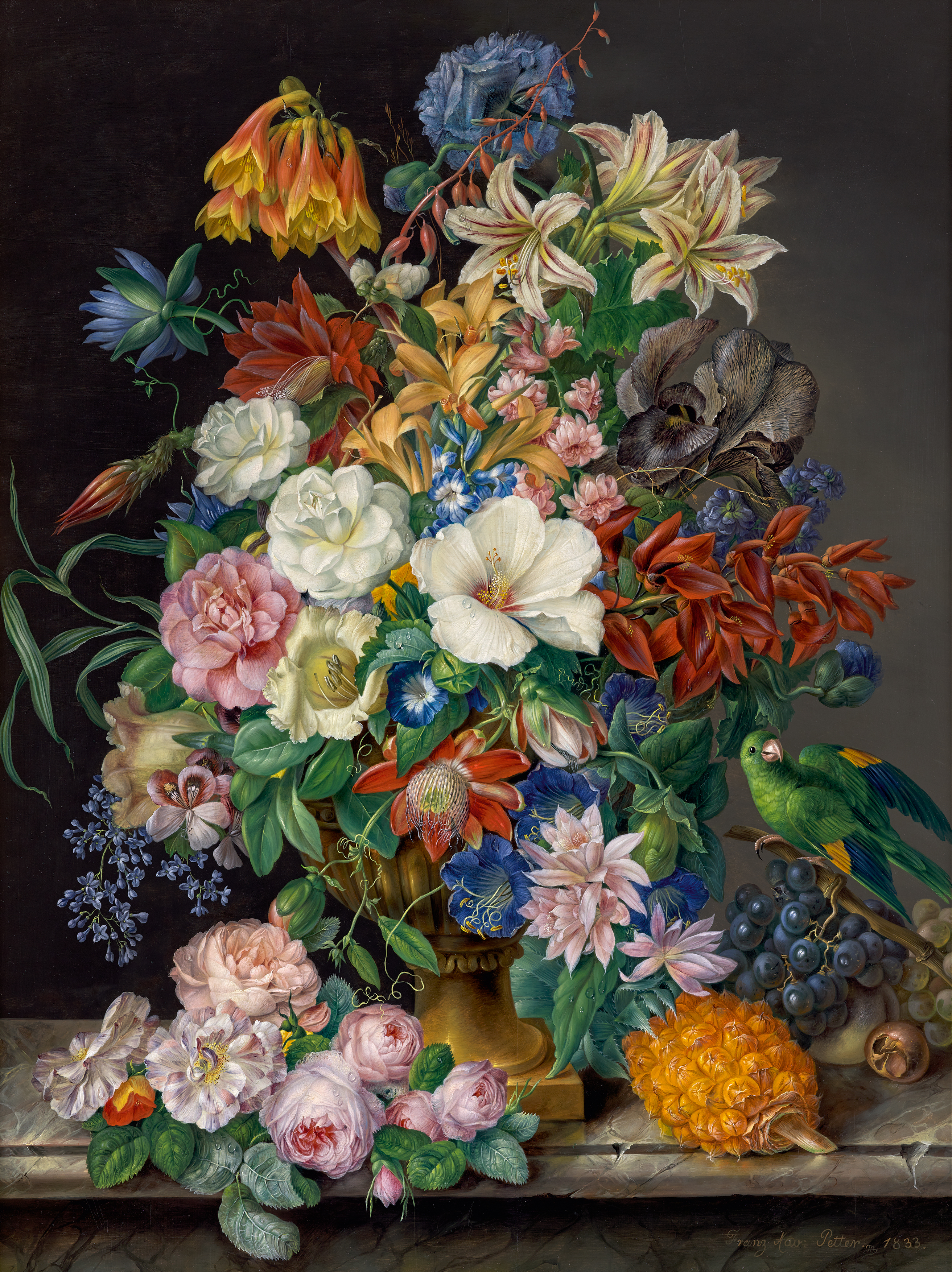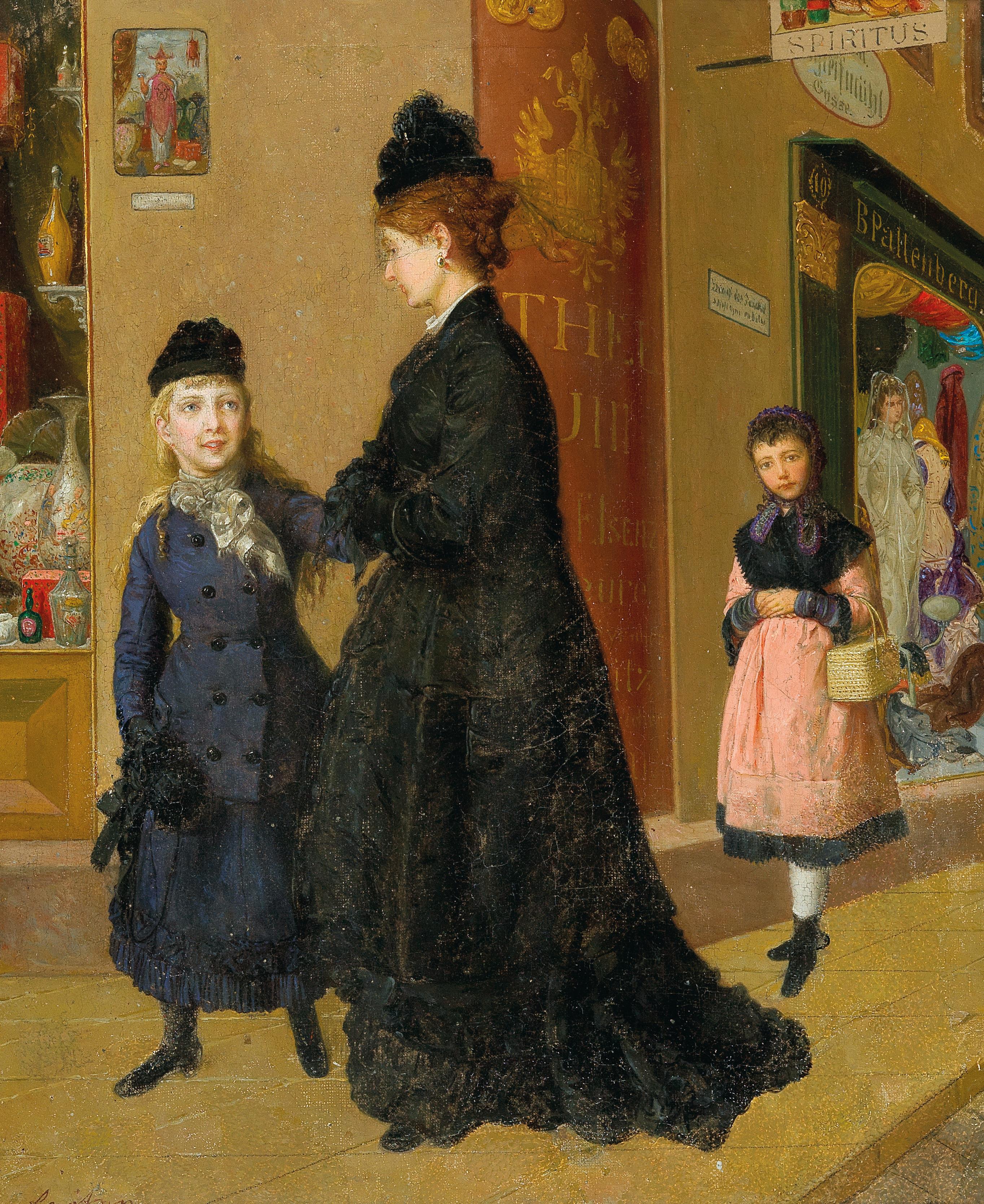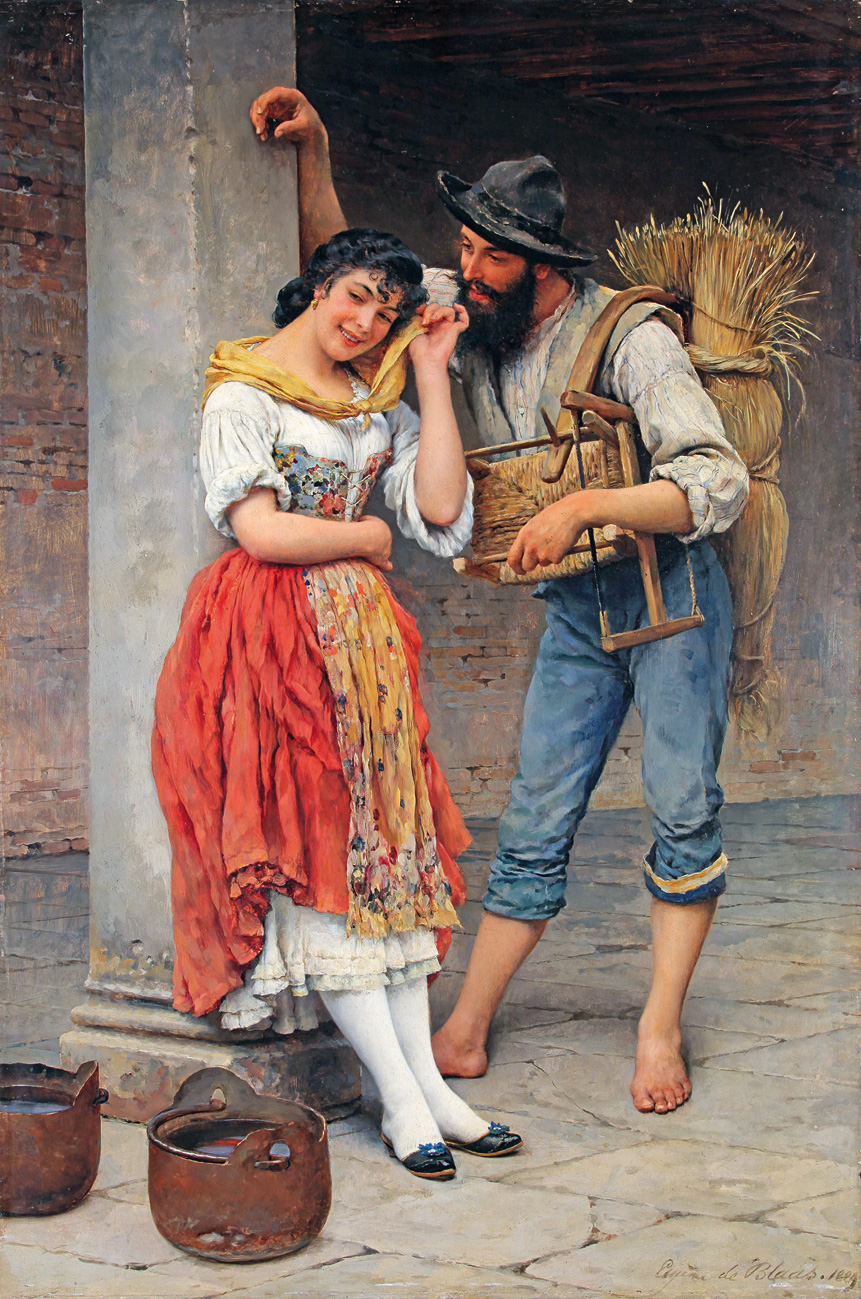Antonietta Brandeis (
1848-1926) was a Czech-born
Italian landscape, genre and portrait painter, as well as a painter of religious subjects for altarpieces.
Early Life and Initial Training
She was born on January 13, 1848, in Miskovice (near Kutná Hora) in Eastern Europe. The first bibliographical indication of Antonietta Brandeis dates from her teens, when she is mentioned as a pupil of the Czech artist Karel Javurek of Prague. After the death of Brandeis' father, her mother, Giuseppina Dravhozvall, married the Venetian Giovanni Nobile Scaramella; shortly afterward the family apparently moved to Venice.
In the 1867 registry of the Venetian Academy of Fine Arts, Brandeis is listed as being enrolled as an art student. At this time, Brandeis would have been nineteen, and one of the first females to receive academic instruction in the fine arts in Italy. In fact, the Ministry granted women the legal right to instruction in the fine arts only in 1875, by which time Brandeis had finished her education at the Academy.








































